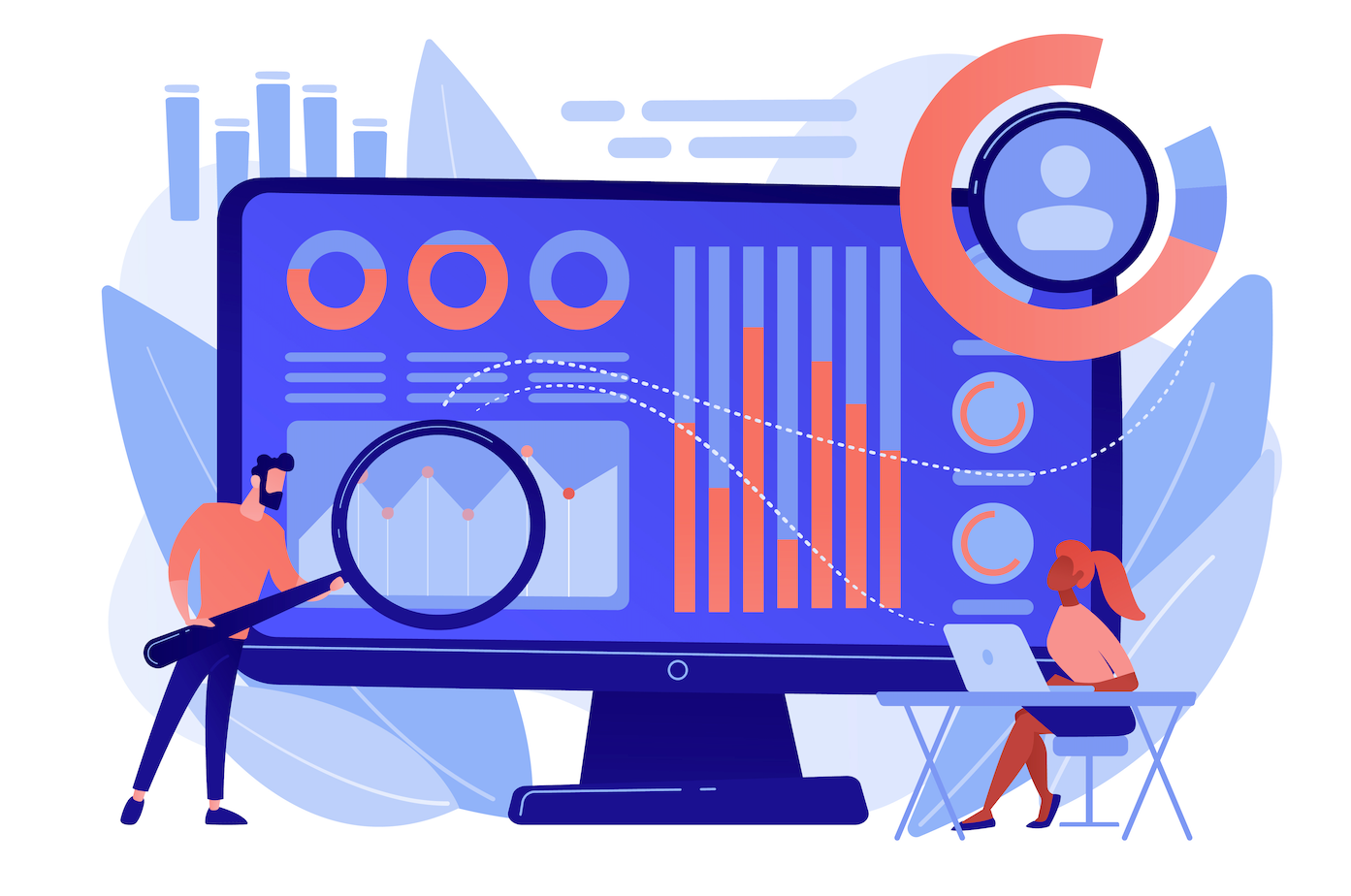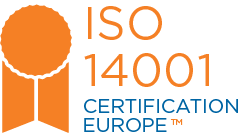Main

"Apoyo excelente!”
Retail Company
MashIt
“Cada año conseguimos ahorros significativos”
Hotel Chain
FabuFit
"El apoyo de Bramo a nuestra empresa es crucial".
Restaurant Chain
SíTrajes
APRENDER DE LOS ESPERTOS.

14 de septiembre de 2025
By Claire Rose - Senior Energy Consultant. Last month, I sat across from a CFO who was quietly furious. His company had just renewed their energy contract - same supplier, same terms, "for convenience." Three weeks later, one of his main competitors locked in rates 40% lower for the exact same service. That particular instance reminded me why I love what we do: helping businesses stop making expensive energy mistakes. In fifteen years in energy consulting, I've seen companies waste millions simply because they treat energy like a utility bill instead of what it really is - one of their largest controllable expenses. The good news? Every single mistake I've witnessed is completely avoidable.

10 de mayo de 2025
Streamlining ESG Data. ESG data is no longer just a 'nice to have' for businesses. For leaders in finance, energy, procurement, and facilities, understanding and managing your environmental, social, and governance (ESG) attributes is fundamental to assessing business effectiveness, managing risk, and demonstrating sustainability performance. It's essential for mandatory reporting requirements like CSRD and SFDR, as well as crucial voluntary disclosures such as GRI and SASB. Growing demands from investors and consumers mean accurate, auditable ESG data is critical for maintaining confidence and reputation. What is ESG Data? ESG data provides crucial insights into a company's environmental, social, and governance attributes. It is broken down into three key areas: Environmental Data: Covers metrics like resource usage, carbon footprint, climate risks, waste management, and biodiversity. Social Data: Includes information on labour practices, diversity and inclusion, community engagement, and customer satisfaction. Governance Data: Relates to details such as board structure, executive compensation, business ethics, and regulatory compliance. This data is vital for assessing business effectiveness, risk exposure, and sustainability performance. Who Needs ESG Data? A variety of stakeholders rely on ESG data. Key users include: Investors & financial institutions: Utilise it for due diligence, risk mitigation, and making sustainable investment decisions. Corporations & business leaders: Leverage it to ensure regulatory compliance, enhance brand reputation, and improve sustainability performance. Regulators & government bodies: Need it to enforce regulations and monitor corporate disclosures. Insurance companies: Use it to assess climate risks and underwrite sustainable projects.

27 de abril de 2025
Energy Audits: Improving Business Energy Efficiency. In today’s business landscape, where sustainability and cost efficiency are critical, organizations continually seek ways to streamline operations. One often overlooked yet highly effective strategy is conducting an energy audit. This process provides invaluable insights into an organization’s energy usage and carbon footprint, highlighting opportunities for improvement. What is an Energy Audit? Definition: An energy audit evaluates energy usage within a building or facility, pinpointing inefficiencies and suggesting improvements. Benefits: It reveals consumption patterns, identifies areas for energy savings, cost reductions, and carbon emission reductions. Why Should Organizations Consider an Energy Audit? Cost Savings: Identifies opportunities to reduce energy bills and maintenance costs. Operational Efficiency: Enhances productivity and streamlines processes through improved energy management. Carbon Footprint: Supports transition to carbon neutrality or net zero emissions.

23 de marzo de 2025
Streamlining Utility Management for Sustainable Growth. In the dynamic landscape of international business, achieving sustainability goals while optimizing operational efficiency is paramount. For middle and large-scale companies, effective utility management emerges as a pivotal strategy not only to reduce costs but also to support environmental initiatives and ensure seamless operations. Why Utility Management Matters. Utility management encompasses a spectrum of essential tasks that directly impact a company's bottom line and environmental footprint. From overseeing utility contracts to coordinating power upgrades and managing supply openings and closures, these operations are critical for: Cost Control : Efficient management of utilities helps in minimizing operational expenses , allowing resources to be redirected towards core business objectives. Sustainability Goals : By optimizing energy usage and ensuring compliance with environmental regulations , companies can significantly reduce their carbon footprint and contribute positively to sustainability targets. Operational Efficiency : Coordinating utility operations ensures uninterrupted service and minimizes downtime , thereby enhancing overall operational efficiency and customer satisfaction.
SUSCRÍBETE A NUESTROS BOLETINES DE ENERGÍA.
Contáctenos
Gracias por contactarnos.
Nos pondremos en contacto con usted lo antes posible.
Nos pondremos en contacto con usted lo antes posible.
Ups, hubo un error al enviar tu mensaje.
Por favor, inténtelo de nuevo más tarde
Por favor, inténtelo de nuevo más tarde















